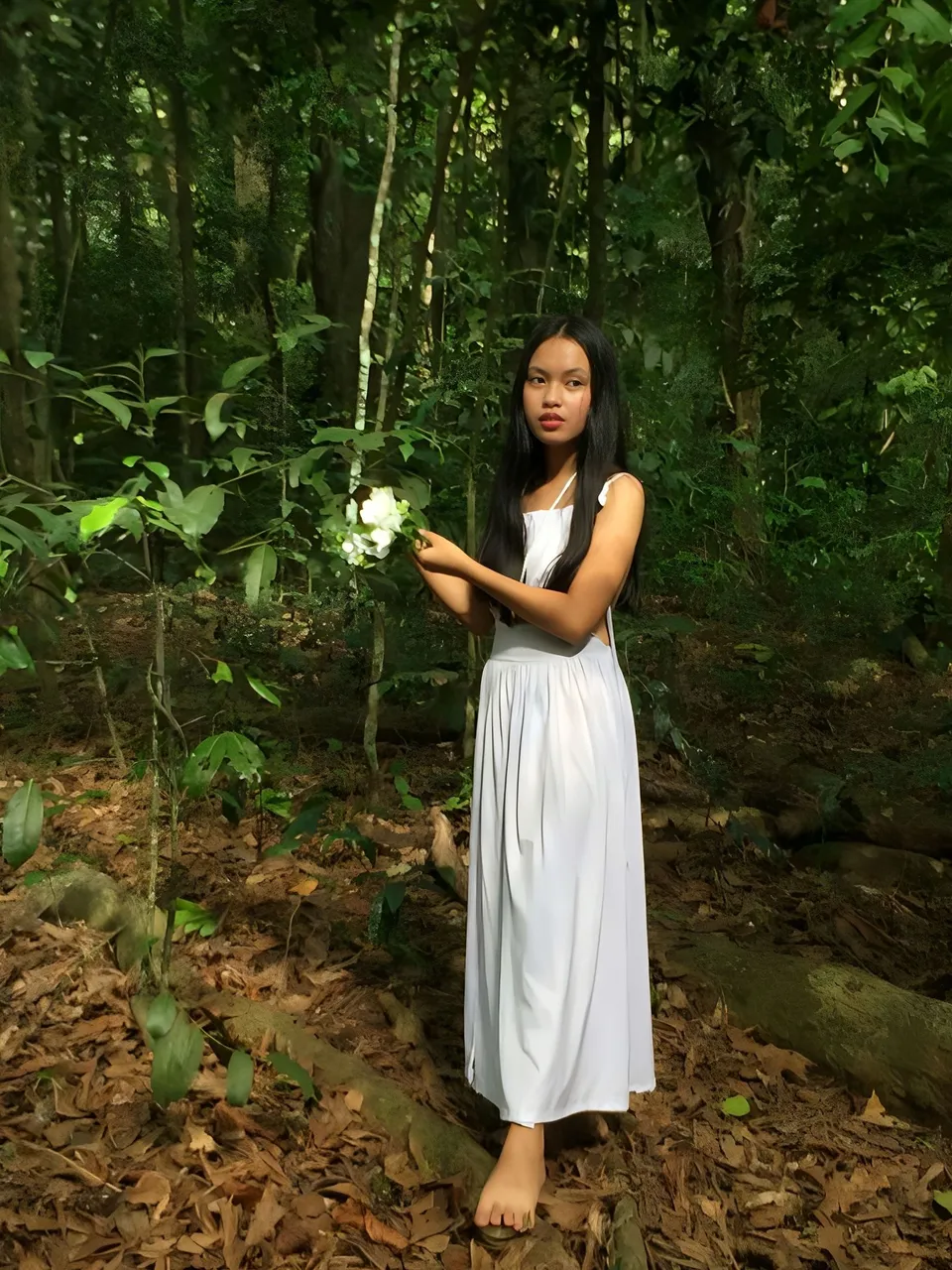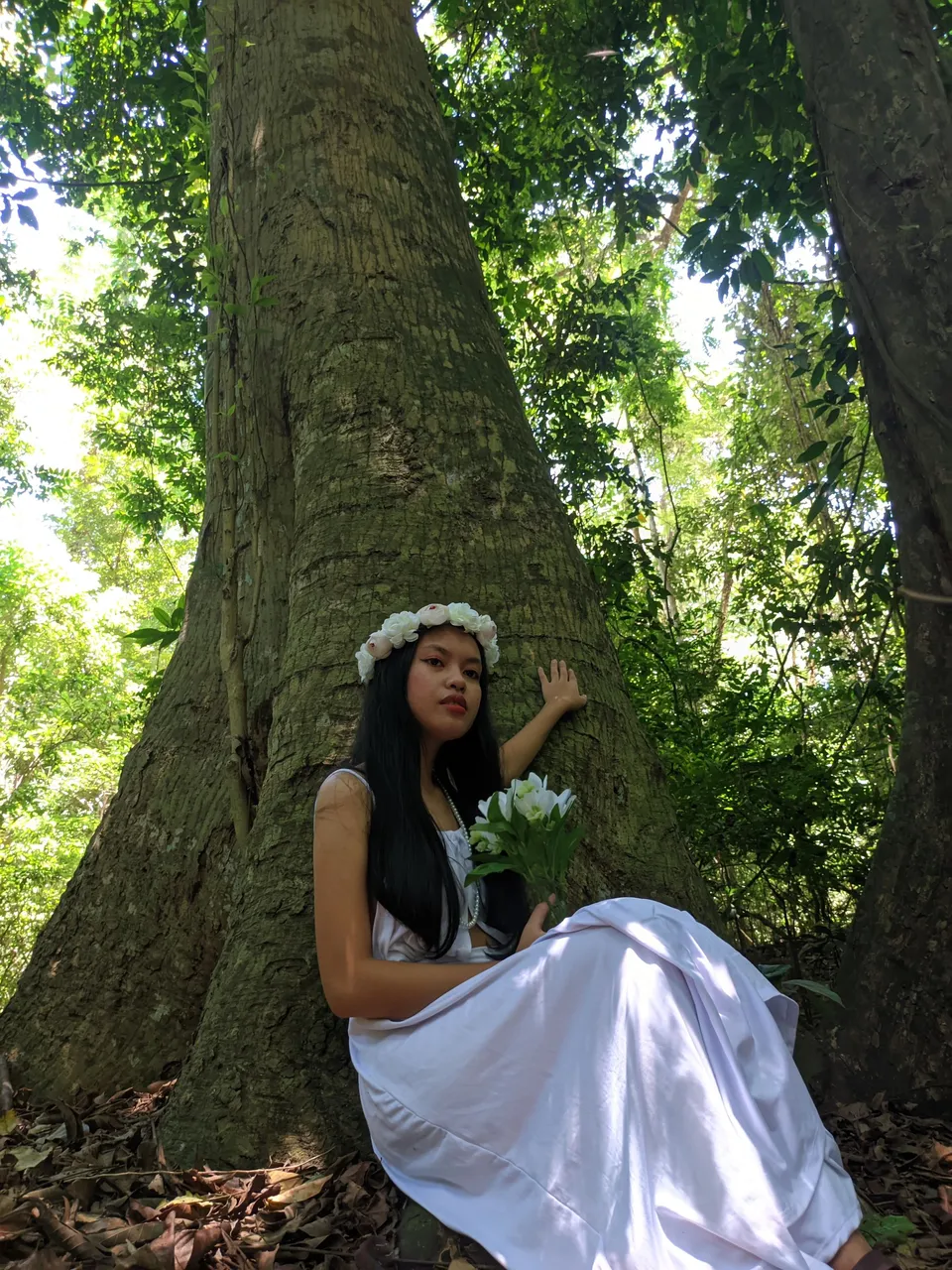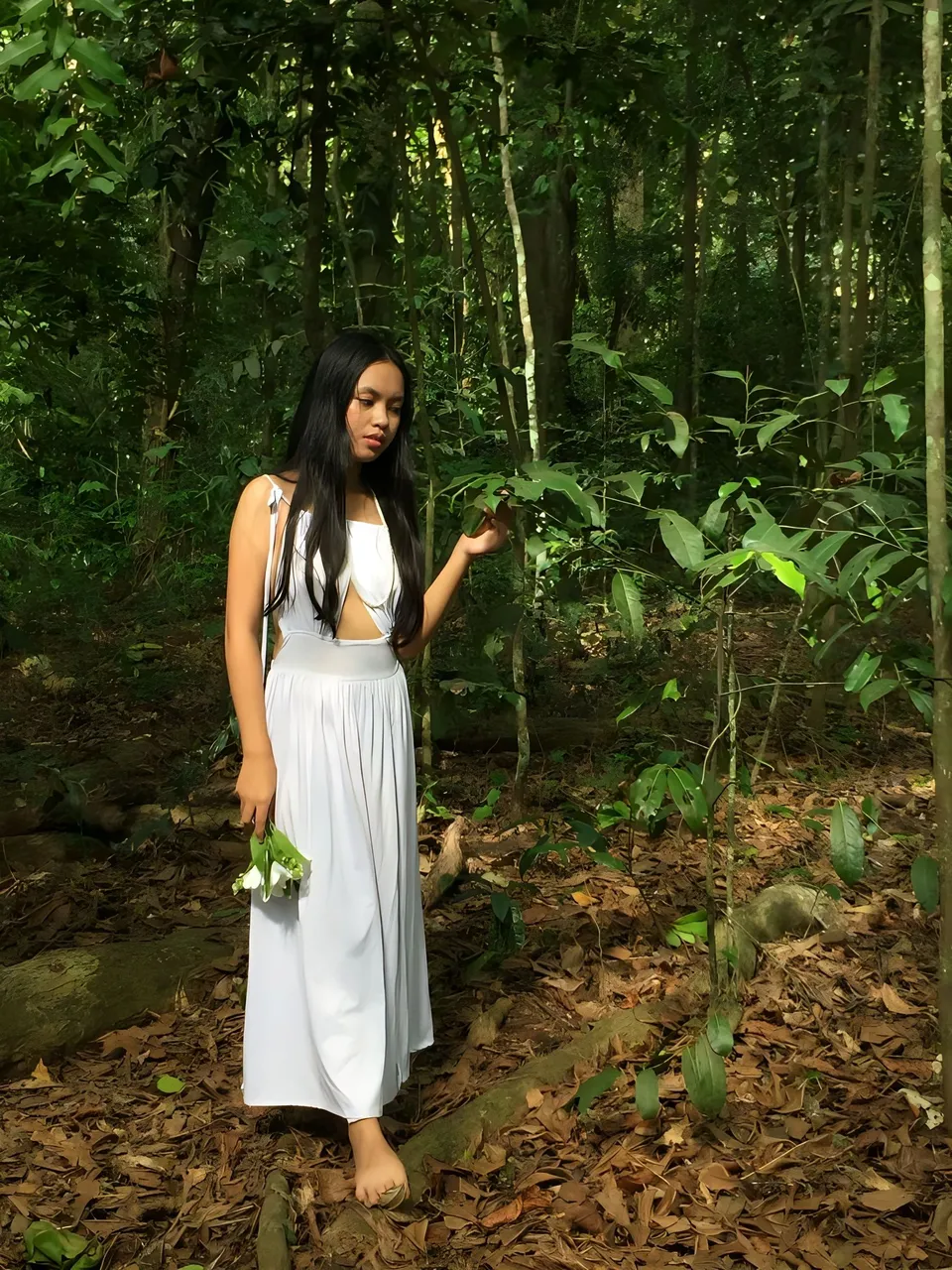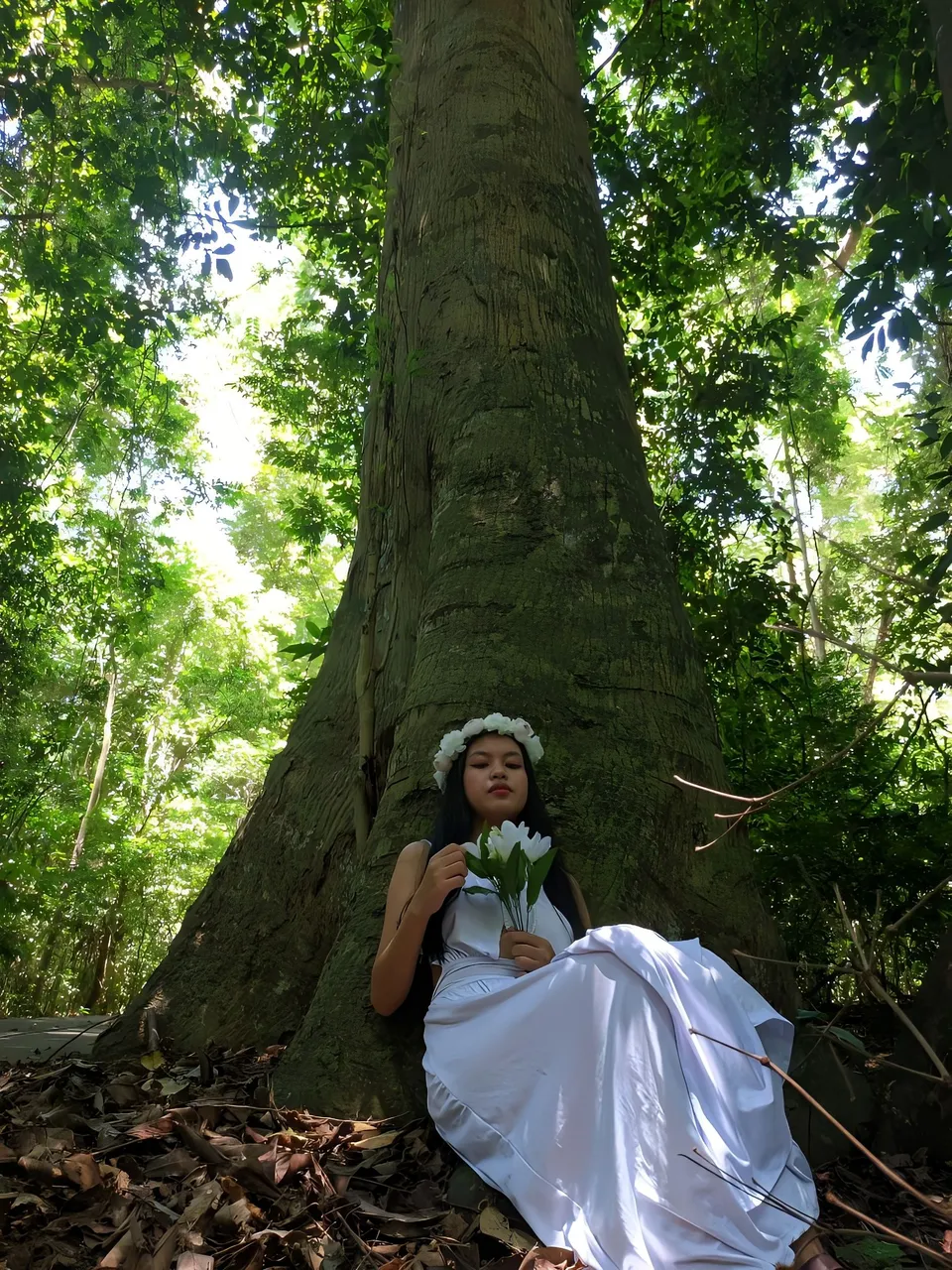Philippines has very rich and diverse beliefs about gods and goddesses. Almost all countries across the world have their own patron deities that they worship. Today, let me share about one of the legendary Goddess from the Philippines that still fascinates people to this present time. Long ago, before colonization took place, early Filipinos worshipped environmental spirits, who were thought to be the guardians of the forest and the mountains. They are responsible for sending storms and giving blessings to people who respect nature.
As a student studying Bachelor of Secondary Major in English, one of our major subject is "Folklore & Mythology" where we study and learn about different folklores and mythologies around the world. Way back before, I am not so interested about mythologies because I think that they are nonsense, waste of time, fallacies but upon encountering this subject, my whole perspectives changed. This is the time where I have learned about the real meaning of myth. I have realized that it is not just about a figment of cultural's imagination. Not because something is labeled as myth doesn't mean it is not true or it doesn't exist, the truth is myths are based on the early observations. Some may be completely fictional but some has a factual origins. I never knew that this subject would be my most favorite in college.
One of our biggest requirements for this subject is the portrayal of different gods and goddesses across the world. Our section got the Philippine mythology and upon random selection,I got Dian Masalanta which is popularly known in the Philippines as Maria Makiling.
Get to Know Dian Masalanta/Maria Makiling

In ancient retellings, Maria Makiling was once known as Dian Masalanta. She is the goddess of love, childbirth, and fertility. During the time when the Spaniards arrived in the Philippines,our ancestors were forced to stop worshipping different gods and goddesses. Christianity had replaced our beliefs and cultures. Today, this is one of our dominant religions.
The Spaniards didn't erased Dian Masalanta/ Maria Makiling in our lives. Instead, she was not viewed as a goddess anymore. She was called as a diwata (forest nymph, fairy). To this present day, she is known to be the protector of the popular mountain in Philippines "Mount Makiling," a dormant volcano found in Luzon. People who live near the mountain have a lot of stories about sightings of this diwata.

In most people's stories, Maria Makiling has a classic Filipina beauty. She has long black hair and a Morena (tan) skin complexion. Big black eyes. Maria Makiling is described as very kind and generous to human beings. She gives abundant fruits from her trees to those hungry people. She also gives remedies to the sick ones who ask for her help.

Behind the kindness and humility, humanity has taken for granted the kindness of the diwata. They get abundant fruits from those fertile trees and then cut them down. They have become greedy and cruel to the entire forest. Of course, this upsets the diwata.

Maria Makiling is said to have fallen in love with a mortal man. She had fallen in love with a young farmer/hunter. The young man is said to have seen Maria Makiling many times and often spend a lot of time with the diwata. Unfortunately, the mortal man is already married to a mortal village girl. Stories have told that Maria Makiling said these things,
"I have loved you with all the love I am capable of in this world of mortals and know you will marry someone else. I had hoped that you would have faith in me. I had hoped that you would love me in return. But you need an earthly love. I could have protected you and your family. We go separate paths from hereon."
Before vanishing entirely and never being seen again.
My Thoughts After Portraying This Mythical Goddess
As I portray Maria Makiling, I have learned more about this diwata/forest nymph. I am starting to feel guilty and sorry about the human activities inside the forest. I am starting to realize that we humans are not the protector of this planet but rather we are the destroyer. We are so crazy about making buildings and infrastructure without realizing that we are sweeping out the entire forests. We only care about urbanization but we don't even think about the ecosystem we have destroyed.
As we are living in a fast-paced modern world, we have slowly forgetten the important beliefs of our ancestors long ago. It is so interesting to think that my knowledge about mythologies around the world has grown and that the way I used to view them has entirely changed. I am so grateful that we have this subject in college and I really hope that it will be implemented in all curriculum in the country so that the young generation will learn about the folklores and mythologies not only in Philippines but also around the world.

Thank you for reading this blog. Do you also have any patron gods and goddesses from your country? Drop their story down. 🌸